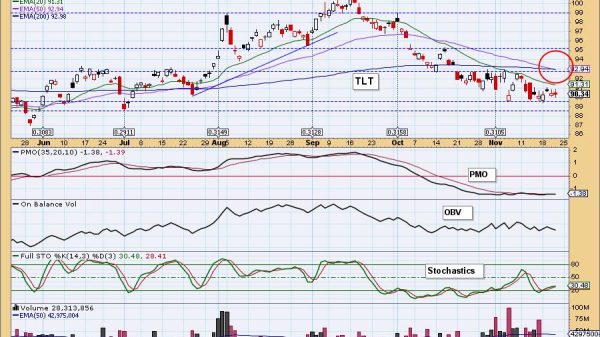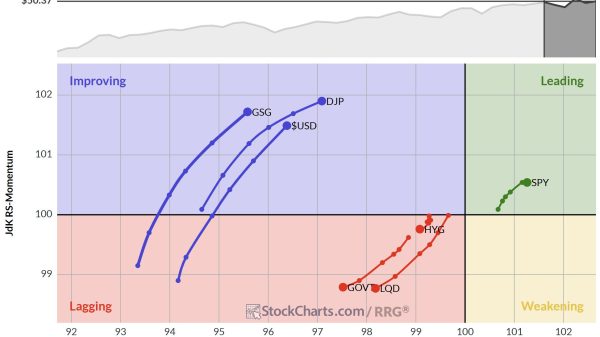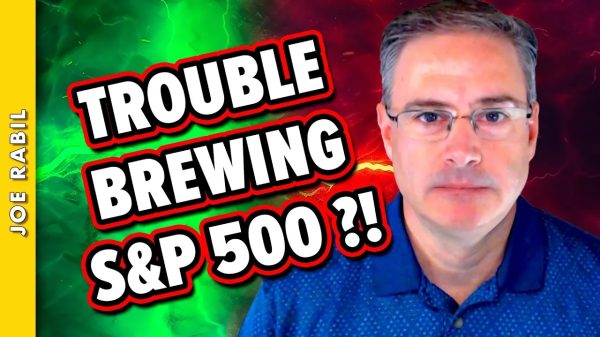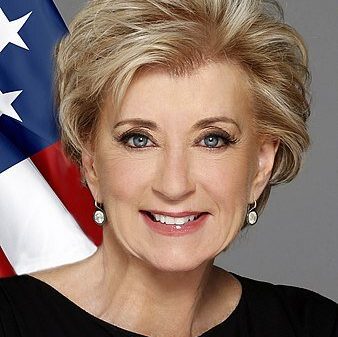Peter Van Doren
Soon-to-be Democratic presidential nominee Kamala Harris announced a proposal to empower the federal government to ban corporate price gouging in grocery prices. Historically, politicians often float price control proposals when prices of energy or housing increase. Groceries are a new addition to the list.
Earlier this year Cato published a book about price controls edited by my colleague Ryan Bourne. While it does not include a chapter on grocery price controls because of the lack of historical precedent, it does contain a chapter entitled “Greed and Corporate Concentration Have Not Caused Inflation.”
The good news, in this case, is that reaction to the grocery price control proposal in both the New York Times and the Washington Post included criticism of the proposal before anyone at Cato had blogged about it.
An economist quoted in the Times article said, “If prices are rising on average over time and profit margins expand, that might look like price gouging, but it’s actually indicative of a broad increase in demand. Such broad increases tend to be the result of expansionary monetary or fiscal policy—or both.”
The title of Catherine Rampell’s column in the Post is quite blunt: “When your opponent calls you ‘communist,’ maybe don’t propose price controls?” In the column she says, “It’s hard to exaggerate how bad this policy is.”
In my chapter in Ryan’s book, I concluded that the 1970s experience with energy price controls was so negative that congressional responses to constituent anger about energy prices in the last twenty years have consisted of calls for the FTC to investigate the usual suspects rather than actual price controls. Senator Elizabeth Warren’s current Senate proposal goes further. It would empower the FTC to investigate not just the usual suspects but ban any “grossly excessive price.”
The bad news is that Harris’s proposal suggests memories of the chaos created by 1970s oil and gas price controls may be fading. The good news is that the media have not forgotten.
























